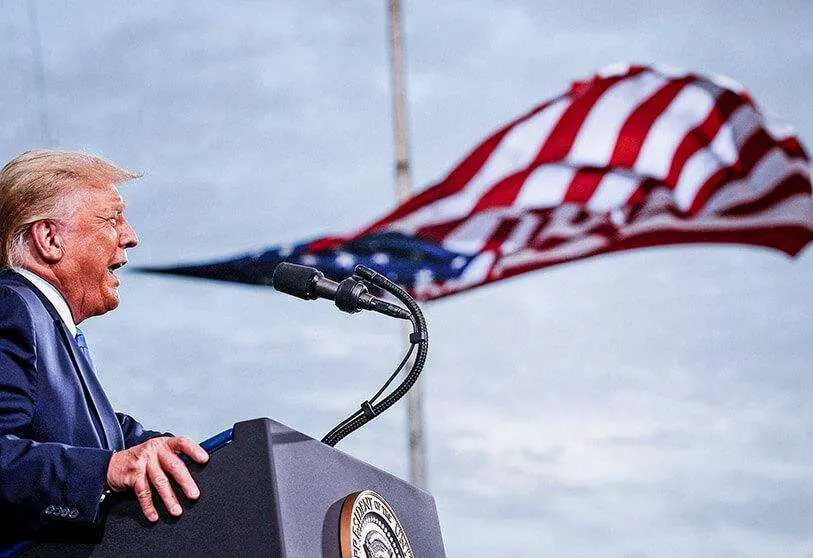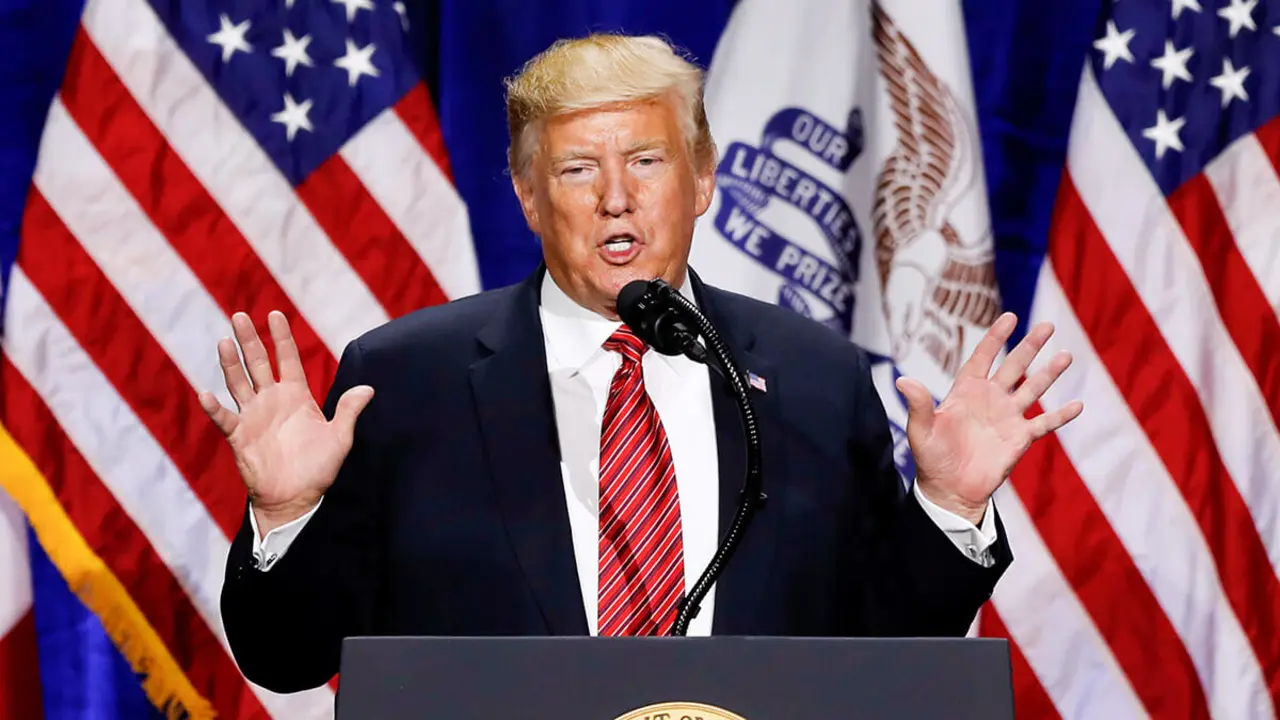Trump appoints two new lawyers to defend him in impeachment case

Donald Trump, the former president of the United States, is making history as the country's first president to face two impeachment trials. Donald Trump announced on Sunday 31 January that he has hired two new lawyers to defend him in the impeachment trial scheduled for 9 February.
Tensions with the lawyers who were part of his legal team had risen following Trump's insistence on focusing defence arguments on the unsubstantiated theories of voter fraud he has been proclaiming since the presidential election on 3 November.
The US press claimed that five of his lawyers had thrown in the towel after disagreements over how to proceed with his defence.
Lawyers David Schoen and Bruce L. Castor will lead his defence in the impeachment trial for "instigating insurrection" before Congress.
Schoen, who has already worked with the former president and his advisers in the preparation of the process derived from the seizure of Congress by Trump supporters on January 6, said it is an "honour" to represent "the 45th president and the Constitution of the United States", while Castor defined it as a "privilege".
"Both agree that this impeachment is unconstitutional, as 45 senators ruled last week," a statement from the "Office of the 45th President" said.
Trump is accused of "inciting insurrection" by provoking the Capitol riots, which left the world shocked, seeing images as surreal as they were Dantesque. While the process may no longer result in Trump's impeachment, Democrats hope it will lead to his disqualification from future political office.

The trial is not likely to have an easy resolution, as Trump has managed to completely divide the Republican party. Senator Mitt Romney of Utah, the only Republican to vote in favour of convicting the former president in his first impeachment trial, argued that the president had committed a crime and that the effort to try him even after he left office was a constitutional duty.
Trump wanted his lawyers to continue arguing the case for massive fraud in the presidential election that led to the Democratic presidential victory, rather than focusing on the legality of prosecuting a president who is no longer in office, CNN reported, saying the former president was reluctant to discuss the issue.
This trial presents itself as an opportunity for the Republican party to disassociate itself from Trump's policies and return to a more conservative path. But the division within the party seems insurmountable, Trump has caused a wound, which does not seem to be easily healed, and a large part of the party has become radicalised. The impeachment will mark the way forward for the Republican party, which will have to decide which position will predominate, whether that of radicalism - the tactic it has followed until now - or return to the path of a more conservative, and therefore less provocative, narrative.








